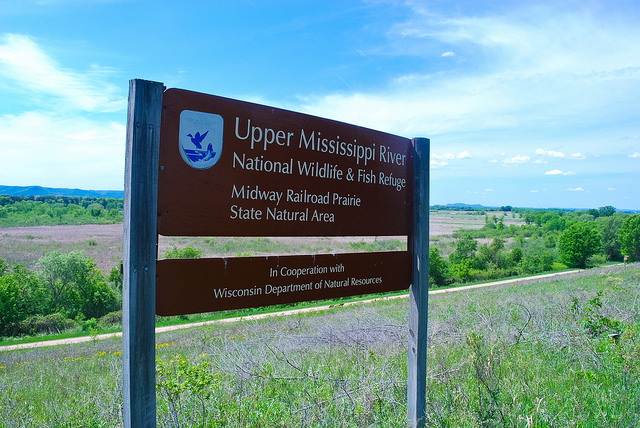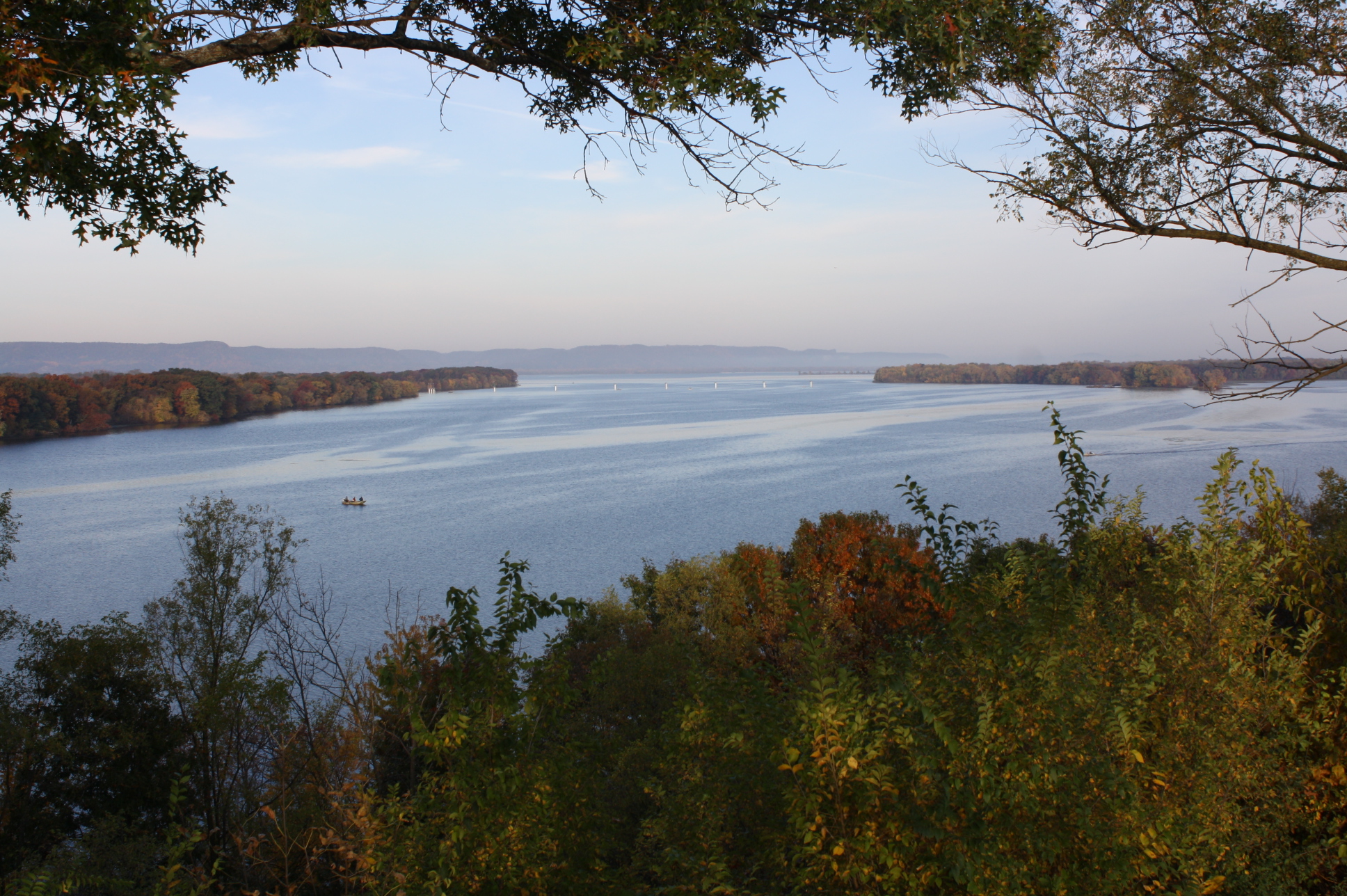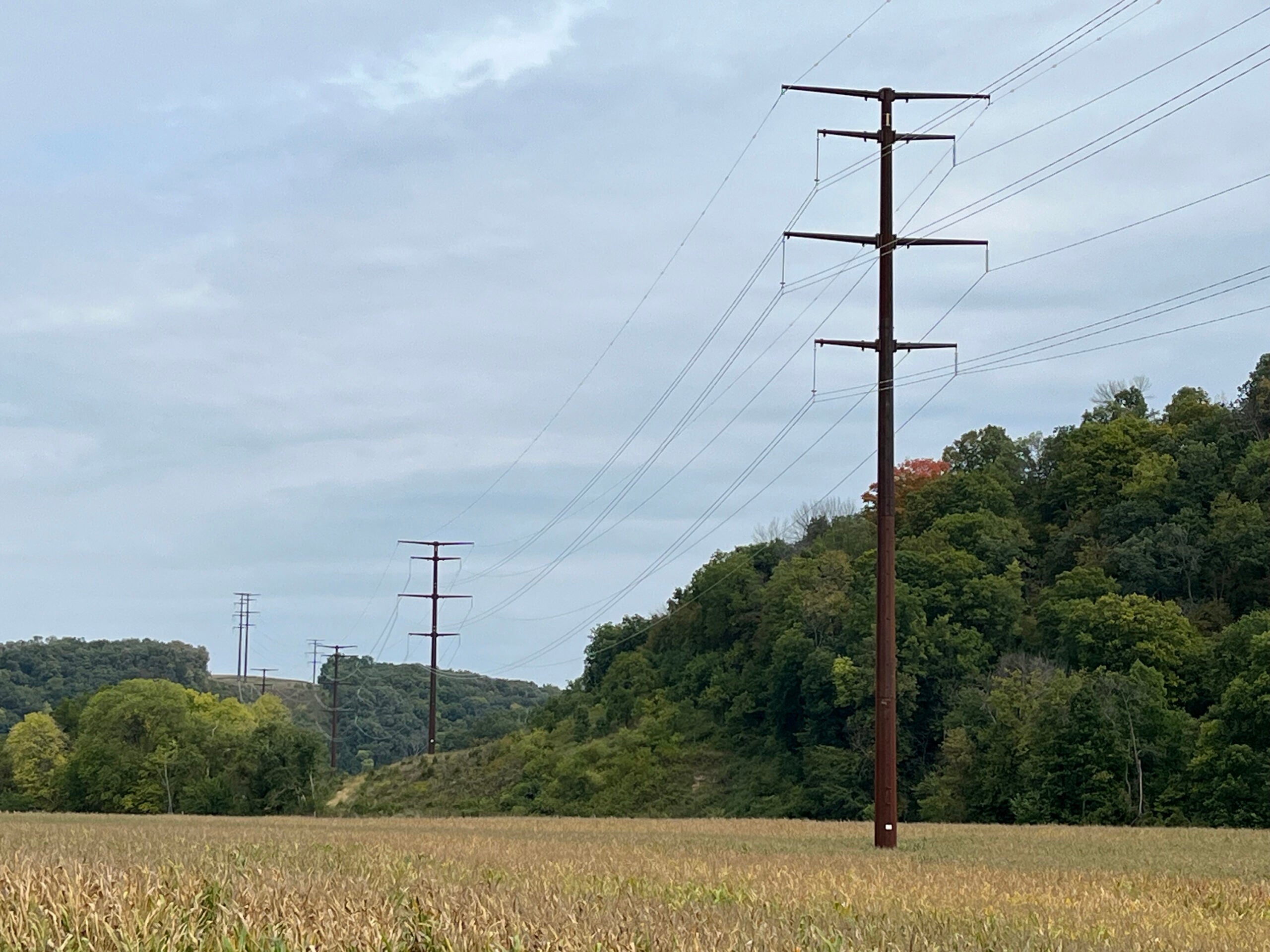Owners of a transmission line are appealing a federal judge’s ruling that blocks a proposed land swap, preventing the project from crossing through a Mississippi wildlife refuge.
The National Wildlife Refuge Association, Driftless Area Land Conservancy and Wisconsin Wildlife Federation sued federal agencies in March to halt construction of the Cardinal-Hickory Creek transmission line. U.S. District Judge William Conley temporarily barred the land swap and construction last month, ordering agencies to submit an administrative record on decisions and approvals for the project.
ITC Midwest and Dairyland Power Cooperative are now asking the U.S. Seventh Circuit Court of Appeals to lift the preliminary injunction order that halted their proposed land exchange. That exchange would have swapped more than 35 acres in Grant County for almost 20 acres of the refuge in Clayton County, Iowa.
The two utilities are asking the federal appeals court to expedite their appeal to avoid further delays and expenses tied to the project. They say halting the land swap will prevent the line from going in service by the end of June.
“We have a responsibility to get the Cardinal-Hickory Creek project in service as soon as possible so it can begin providing significant economic benefits for electricity consumers. The latest litigation and the preliminary injunction only serve to further increase costs for customers,” ITC Midwest President Dusky Terry said in a statement.
Stay informed on the latest news
Sign up for WPR’s email newsletter.
The U.S. Department of Justice is arguing on behalf of federal agencies that the order barring construction is unlawful.
American Transmission Co., ITC Midwest and Dairyland Power are almost done building the nearly $650 million transmission line that runs more than 100 miles from Dane County to Dubuque County in Iowa. They’re proposing to run it through the Upper Mississippi River National Wildlife and Fish Refuge near Cassville. If construction and the land exchange move forward, utilities say it could take an additional four to six months to bring the project online.

But conservation groups argue the Rural Utilities Service, U.S. Fish and Wildlife Service and Army Corps of Engineers violated multiple laws by signing off on the land swap and granting other approvals for the project.
They say agencies violated the National Environmental Protection Act, National Wildlife Refuge System Improvement Act of 1997 and the Administrative Procedure Act. They argued the line isn’t compatible with the purpose of the refuge, adding there wasn’t sufficient opportunity for public input on the land swap. They also contend federal environmental reviews were too narrow in scope and didn’t fully consider alternatives to crossing the refuge.
Conservation groups argue the utilities’ appeal to lift the temporary order barring construction would disrupt the lower court’s review of the case.
“(Utilities) should not be allowed to impermissibly steamroll their project by building and bulldozing their high-voltage transmission line through and across the middle of the protected Upper Mississippi River National Wildlife and Fish Refuge before effective judicial review and the district court’s determination of the substantive merits of Plaintiffs’ claims,” Howard Learner, an attorney for conservation groups, wrote in a filing.
Wisconsin Public Radio, © Copyright 2025, Board of Regents of the University of Wisconsin System and Wisconsin Educational Communications Board.




